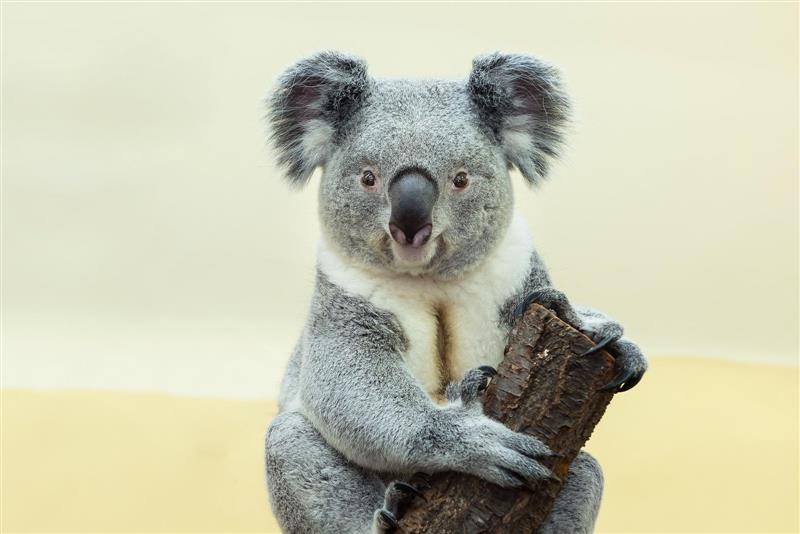
Picture for representational purpose only.
Sydney, November 26
A mobile hospital for injured wildlife such as koalas and kangaroos began a journey on Thursday to its new base in Byron Bay, on Australia's east coast.
Custom-built by Byron Bay Wildlife Hospital in a 16-metre semi-trailer truck, the mobile clinic will treat and rehabilitate native animals hurt and traumatised during wildlife crises across the country.
Byron Bay Wildlife Hospital founder and CEO Dr. Stephen Van Mil said the project was conceived of two years ago, but the devastation of Australia's disastrous bushfire season last year underscored the need.
"Seeing dozens of injured koalas sitting in laundry baskets waiting for care was heartbreaking," Van Mil said in a statement.
Since then, a crowd-funding campaign, philanthropic donations, and help from conservation groups have turned the A$700,000 ($515,600) mobile hospital into a reality.
The self-sufficient vehicle has been fitted with veterinary equipment, including ultrasound and X-ray machines, operating and recovery areas, water storage, satellite communications and solar power.
"Being able to work in a mobile hospital means that I can actually help these animals quickly. I can get there and I can give them the treatment that they need," said wildlife specialist Dr. Bree Talbot, who will be aboard the mobile clinic along with a small team of volunteers and veterinary staff.
"I can give them the medicine and the pain relief and the fluid therapy ... and get them back out hopefully sooner rather than later," she said.
Ongoing costs of A$250,000 to maintain the clinic will be partly borne by the World Wildlife Fund for Nature Australia (WWF), said Darren Grover, the head of the WWF's Healthy Land and Seascapes group. Reuters
Join Whatsapp Channel of The Tribune for latest updates.



























